Why does early diagnosis matter?
The earlier the diagnosis, the sooner your child or young person can start to receive medical care and treatment. Starting treatment early increases the chances of slowing down the disease, helping your child to maintain muscle function for as long as possible.1,2
Early diagnosis means that the following benefits may be available sooner:
- Access to specialist clinics and doctors1,2
- Your child may be able to start treatment1,2
- Access to genetic counselling1,2
- At-risk family members can be tested, and you can find out the risk of DMD in any future pregnancies1,2
- You may be able to apply for financial assistance3-5
- You can start planning how to take care of your child or young person at home1,6
- You may be able to enrol your child in clinical trials of new treatments2
- You can get support from local patient organisations and talk with other affected families6,7
How is DMD diagnosed?
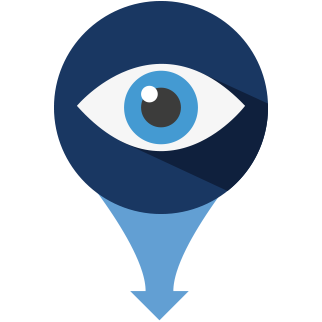
Identification of signs and symptoms:8
- If DMD is suspected, the first thing your family doctor will do is perform a physical exam to check for muscle weakness
- They will also ask about delays in early developmental milestones, such as sitting, walking and standing up from the floor
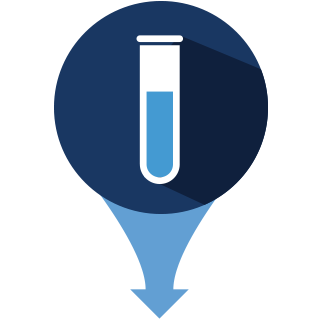
Blood test:1,2,8
- If your child shows signs and symptoms of DMD, your doctor will usually recommend a special blood test called a creatine kinase (CK) test
- This involves taking a small sample of blood, which will be sent to a lab for testing

Referral to a specialist 1,2,8
- If your doctor becomes concerned that your child needs further testing, they will usually refer them to a specialised centre or neuromuscular specialist
- Specialist doctors will then work through a careful diagnostic process to identify the cause of the symptoms and may recommend a variety of tests
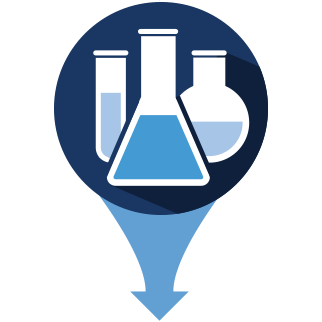
Genetic test:1,2
- If your child has high CK levels, another sample of blood may be taken to test for changes in genes (called mutations) that cause DMD. These genetic tests may confirm or rule out DMD
- If your child does have DMD, resources and therapies are available to help manage symptoms and possibly slow down the progression of the condition
- If your child does not have DMD, your doctor will do more investigations into what else could be causing the symptoms
- Different genetic tests can also tell your doctor about the type of mutation your child or young person has. This is important because different resources and therapies are available to manage different mutations

Diagnosis
- Once your child has been diagnosed, they can start to receive the specialty care and treatment they need for DMD1
Prenatal testing and diagnosis
Prenatal tests can be carried out during pregnancy to try to find out whether the developing baby is affected by DMD.1,2,9
This information may be useful for two reasons:
- If the developing baby has DMD, you can decide whether or not to continue with the pregnancy10
- Early diagnosis and management of DMD has been shown to improve outcomes, and can also provide families with earlier access to care and support2,8
Who is eligible?
- If you have a child or relative with DMD, you may be eligible for prenatal diagnoses in future pregnancies2,9
- Once you have the results, you can talk with a genetic counsellor about what they mean for your family2
What to do if you suspect something is wrong
If you have any concerns about your child’s development, talk to your doctor as soon as possible.
Use the doctor’s appointment discussion guide to support you in your conversations with the doctor and ensure you get the information you need.
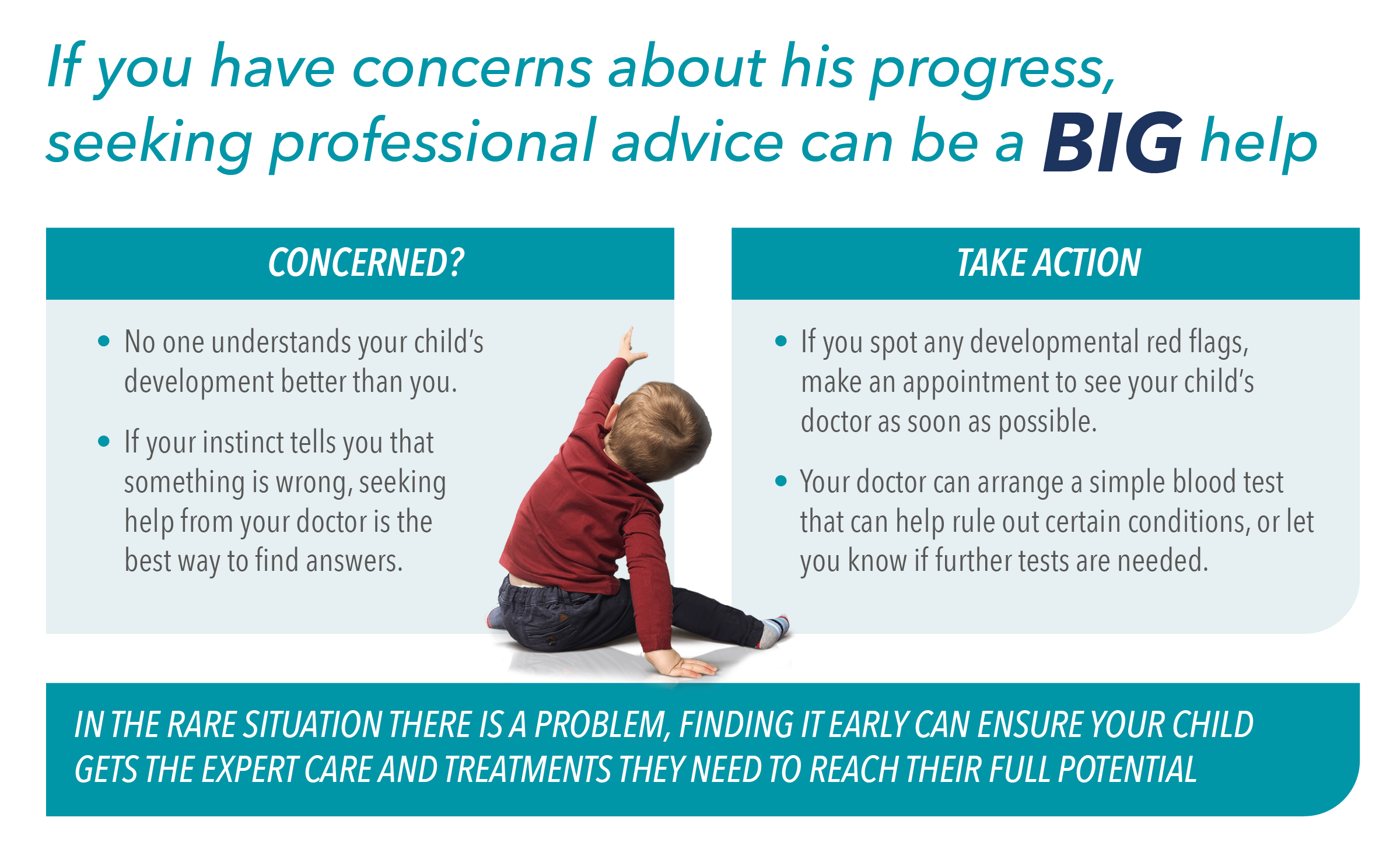
One family's experience of DMD diagnosis
‘Never will I forget the sunny day in March, many years ago, when the paediatrician announced: “Your son has a serious, malignant, incurable muscle disease.” He looked at me cautiously, as if waiting for a reaction. A sign that I understood what he had just said…’
Keep reading this, and other real-life stories, of families affected by DMD.
Learn More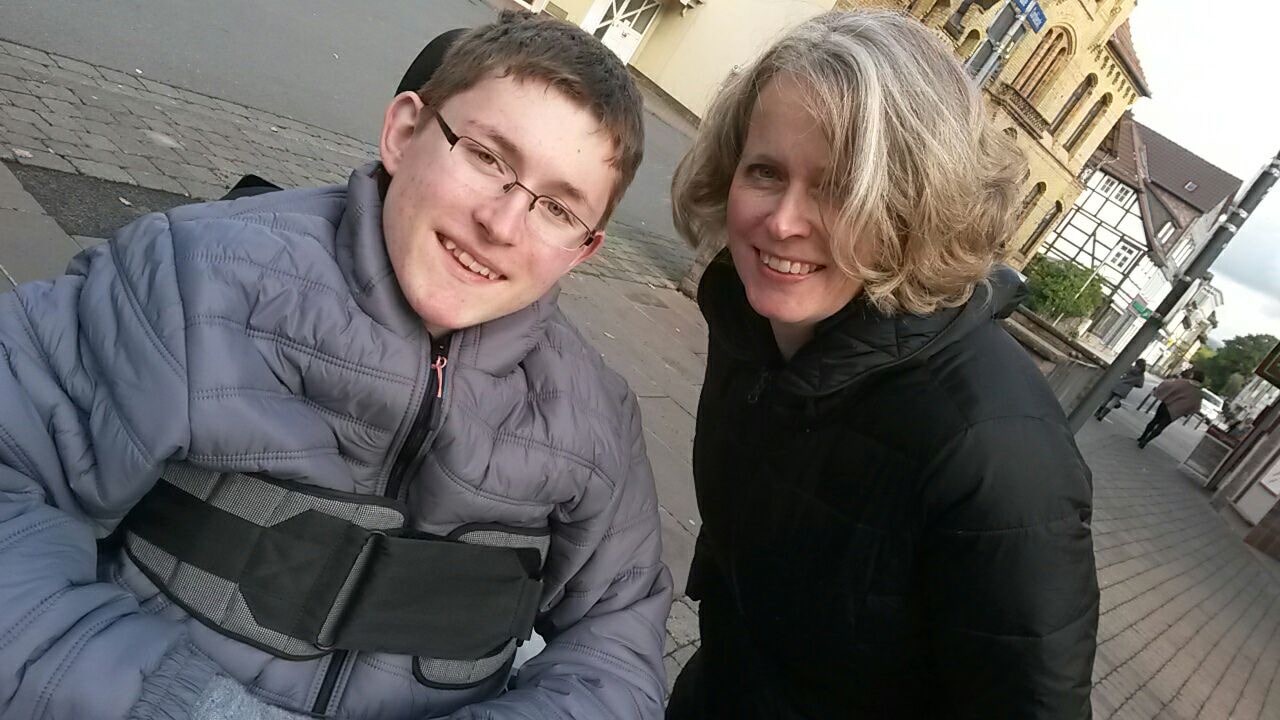
Learn how genetic counselling can help you cope with the emotional impact of DMD
Genetic counselling
Genetic counselling
Genetic counselling can help guide you through the genetic testing process in DMD and also offer emotional support.

Duchenne muscular dystrophy treatment
While there is currently no cure for DMD, there are various treatments that can help protect the muscles and ease symptoms.

Physiotherapy stretches for Duchenne muscular dystrophy
As DMD causes muscles to become weak and damaged, maintaining muscle strength and function is a key part of care.

The ultimate guide to Duchenne muscular dystrophy
Everything you need to know about DMD, all in one place.
References
- Birnkrant DJ, et al. Lancet Neurol. 2018;17:251–267 [Part 1].
- Aartsma-Rus A, et al. J Pediatr. 2019;204:305–313.e4.
- Muscular Dystrophy News. Assistance fund opens program to help Duchenne patients with medical expenses. Available at https://musculardystrophynews.com/10/28/assistance-fund-offers-duchenne-muscular-dystrophy-patients-help-with-medical-expenses/ [last accessed September 2022].
- Parent Project Muscular Dystrophy. Funding sources. Available at https://www.parentprojectmd.org/care/for-families/community-resource-center/daily-life-resources/funding-sources/ [last accessed September 2022].
- Muscular Dystrophy UK. Benefits. Available at https://www.musculardystrophyuk.org/get-support/financial-support/benefits [last accessed September 2022].
- Muscular Dystrophy UK. A guide for parents: children with musclewasting conditions. Available at https://www.musculardystrophyuk.org/get-support/for-parents-and-families/future [last accessed September 2022].
- Duchenne UK. Parent Information Days. Available at https://www.duchenneuk.org/dmd-parent-information-days/ [last accessed September 2022].
- Lurio JG, et al. Am Fam Physician. 2015;91:38–44.
- Abbs S, et al. Neuromuscul Disord. 2010;20:422–7.
- Bianco B, et al. Einstein (Sao Paulo). 2017;15:489–491.
© 2022 PTC Therapeutics.
GL-DMD-0658 | October 2022